Coral reef ecosystems National Oceanic and Atmospheric
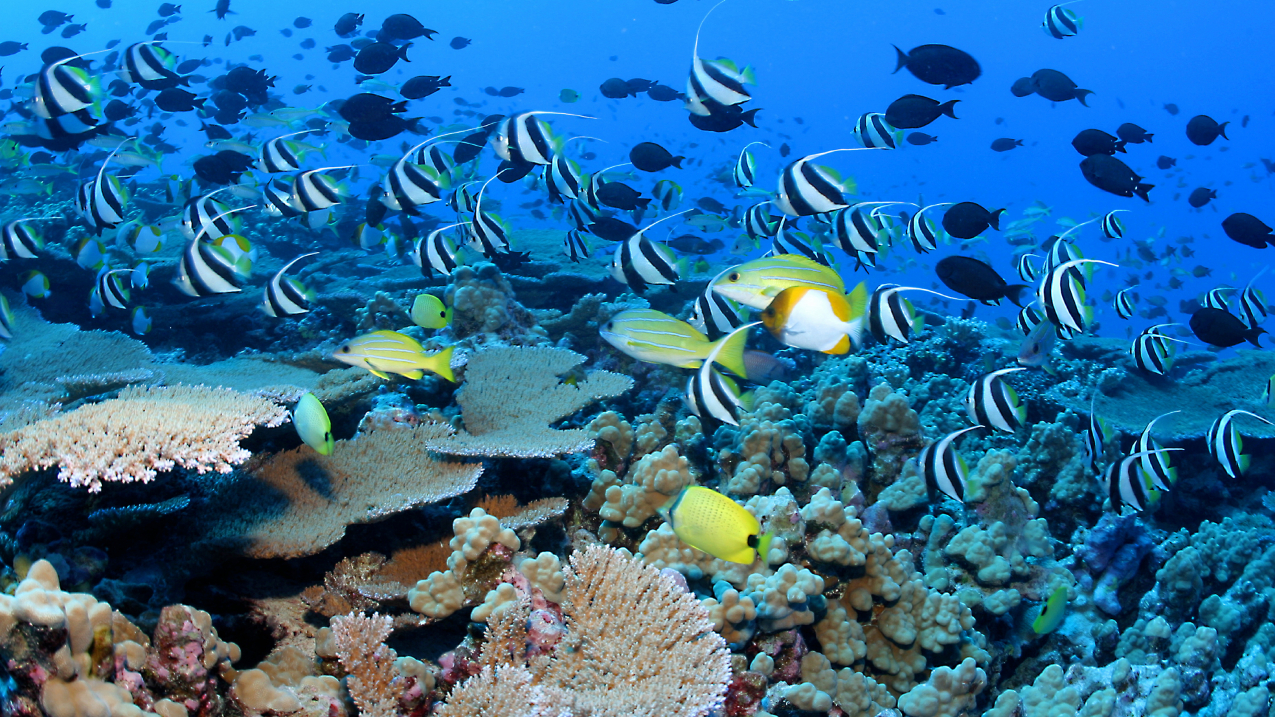
By A Mystery Man Writer
Coral reefs are some of the most diverse ecosystems in the world. Coral polyps, the animals primarily responsible for building reefs, can take many forms: large reef building colonies, graceful flowing fans, and even small, solitary organisms. Thousands of species of corals have been discovered; some live in warm, shallow, tropical seas and others in the cold, dark depths of t
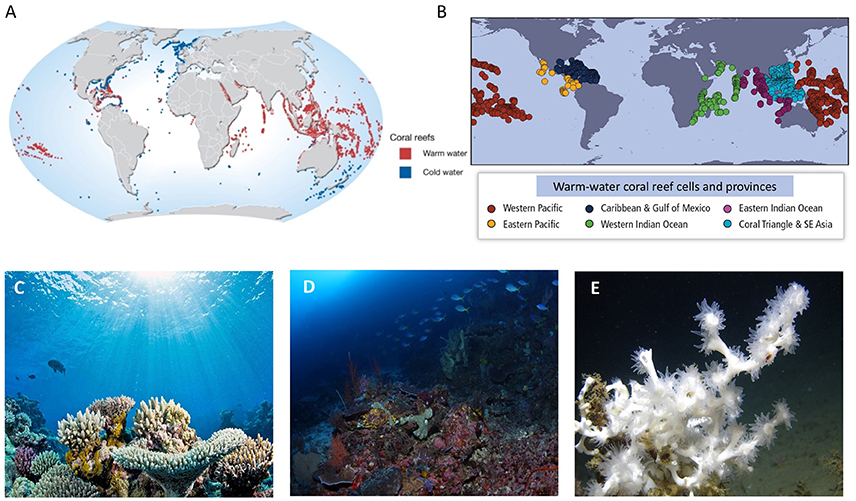
Frontiers Coral Reef Ecosystems under Climate Change and Ocean Acidification

Explained: Why Scientists Say There's Very Less Left Time To Save The Coral Reefs

Human Impact on Aquatic Ecosystems: Coral Reefs
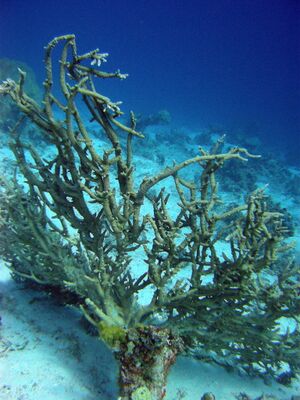
Course:How Diving Tourism Affects the Health of Coral Reefs - UBC Wiki
Design and Parameterization of a Coral Reef Ecosystem Model for Guam - UNT Digital Library

The State of Coral Reef Ecosystems of the United States and Pacific Freely Associated States by Turgeon, D D et al: Donna D. and Rebecca G. Asch Turgeon: : Books
Current Challenges in Biodiversity and Conservation, Volume 1

Human Impact on Aquatic Ecosystems: Coral Reefs

Warm oceans can turn reefs into graveyard » Yale Climate Connections

U.S. Coral Reefs--Imperiled National Treasures
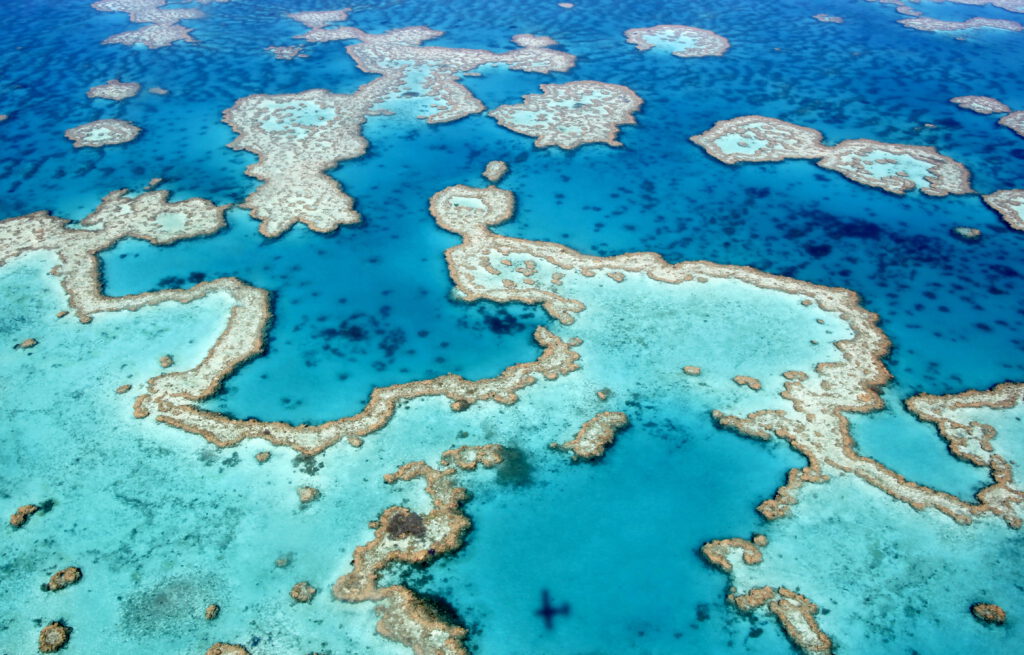
Is green always greener?
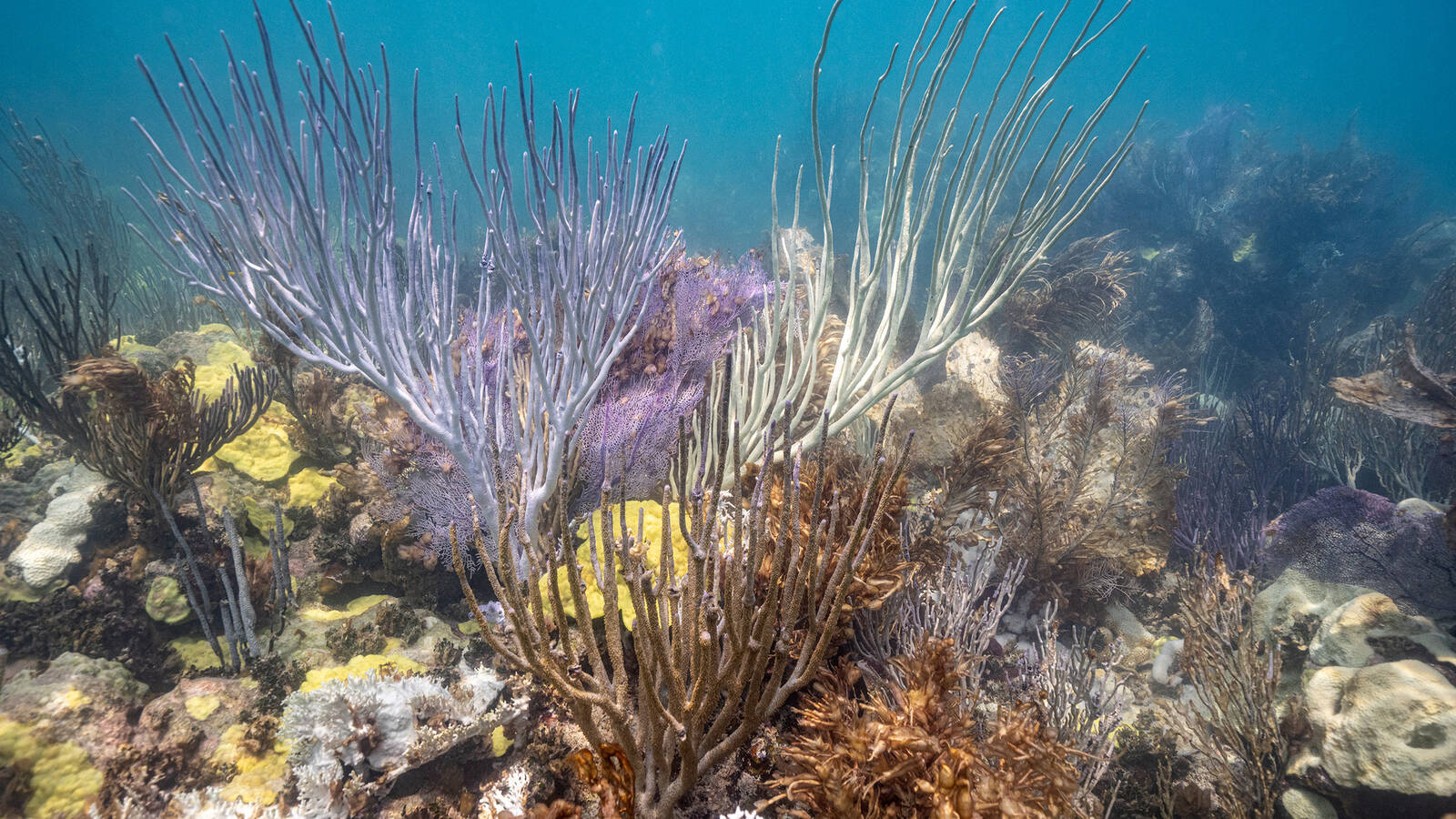
5 Reasons We Need to Save Our Coral Reefs · National Parks Conservation Association

Corals Have 'No Reprieve' as the Great Barrier Reef Faces Its Latest Bleaching Event - Inside Climate News

What is the importance of coral reef - Coral reefs secure coastlines from storms and disintegration; - Studocu
- The impacts of climate change and land use on coral reefs. Orange
- Assessment: World Heritage coral reefs likely to disappear by 2100 unless CO2 emissions drastically reduce
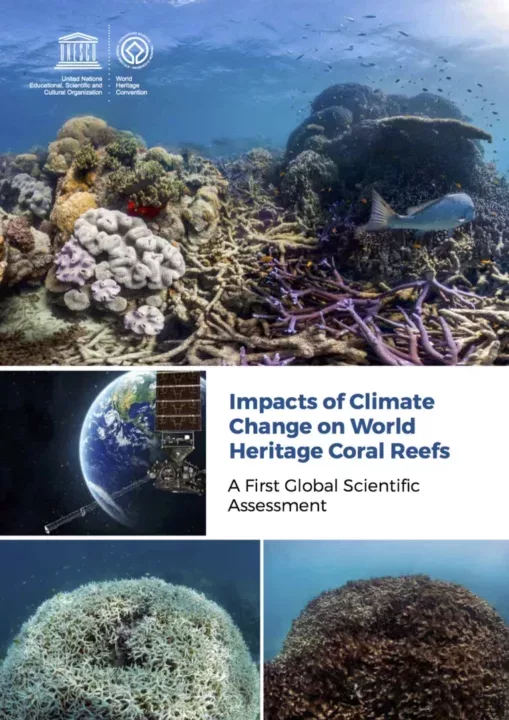
- How Plastic Harms Coral Reefs: Exploring its Deep Impact
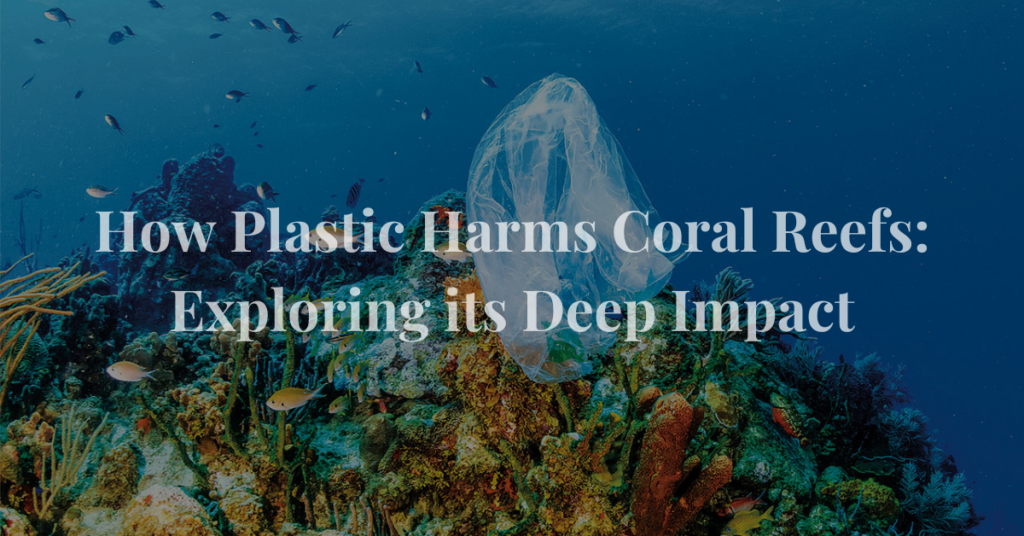
- Losing Our Coral Reefs – State of the Planet

- Microbes impact coral bleaching susceptibility, new study shows

- Best Waterproof Makeup: Monsoon Edition!

- Medium Wash Super High Rise Straight Leg Ankle Jeans - Petite

- LBECLEY Womens Underwear Packs Bikini Women's High Waisted

- Womens & Stretch Cotton Fold Over High Waist Bootcut Workout Flared Yoga Pants Yoga Band Scrub Pants Women - AliExpress

- Perder peso é importante antes da cirurgia. Entenda: – Dr. José
